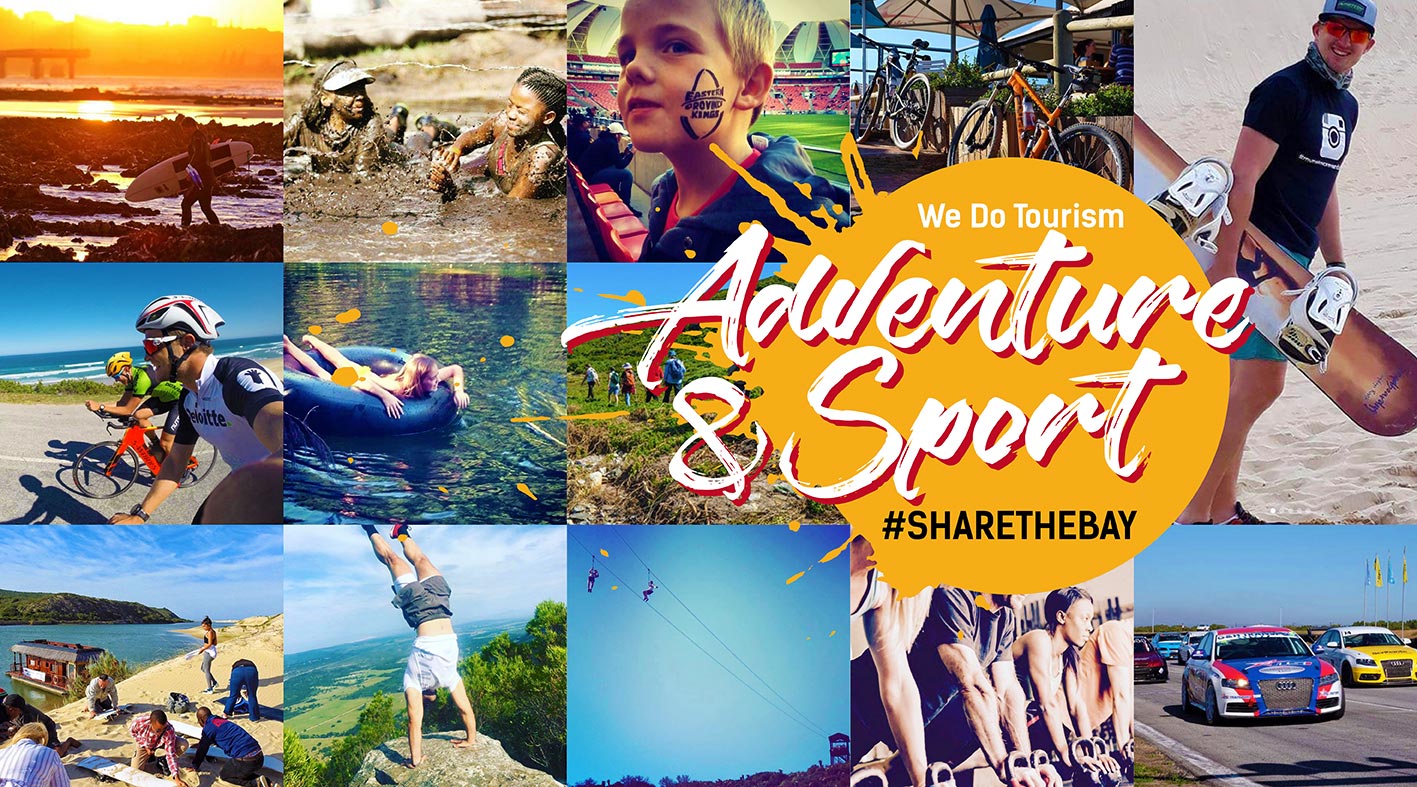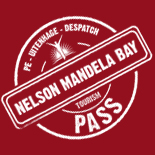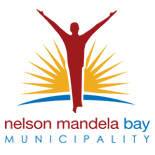SANPARKS HANDS OVER SCHOOL COMPUTER LAB IN EASTERN CAPE
19 September 2013

Most of the county’s national parks’ workforce is sourced from its neighbouring communities. As such, it is only fitting that SANParks gives back to the community members who play an integral role in its success as a premier conservation and tourism destination.
Speaking at the handover ceremony, Managing Executive: Parks, Dr Nomvuselelo Songelwa, said "As part of our new positioning and living up to our vision of ‘South African National Parks Connecting to Society’, SANParks initiated a corporate social investment (CSI) programme as a way to align with and contribute to government’s mandate towards social development”.
“A dedicated community levy was established to ensure SANParks’ tangible benefit to communities living adjacent to national parks in bettering their livelihoods. In partnership with government departments, municipalities, local communities and other key stakeholders, SANParks is investing resources in the establishment of legacy projects in communities, particularly in rural areas where our national parks are located,” Songelwa continued.
She said these will include support through the provision of required infrastructure and related resources in areas of education, youth development, health and other areas as identified with community stakeholders and relevant institutions.
The official handover of the Sandisulwazi Computer Laboratory is an indication of the promise SANParks has made to ‘Connect to Society’, and follows three similar projects handed over in Limpopo, Mpumalanga and Northern Cape with plans to work with other provinces as well.
The project, valued at R1.1 million, will go a long way towards improving the learning and development of leaners at the school. The school intends to use the lab and introduce Computer Applications Technology as a subject starting from the 2014 academic year. Furthermore, the investment will not only benefit the school’s 320 learners but the surrounding community members too.
The classroom, equipped with 32 learner workstations and one for a teacher was set up in a previously dilapidated classroom which first required renovations before any equipment could be brought in. This was carried out by AENP’s Technical Department.
“Through these programmes and many others, we will continue to develop reciprocal relationships between protected areas and neighbouring communities, making our national parks a true mirror of our society’s environmental values,” Songelwa concluded.





















 Please wait!
Please wait!